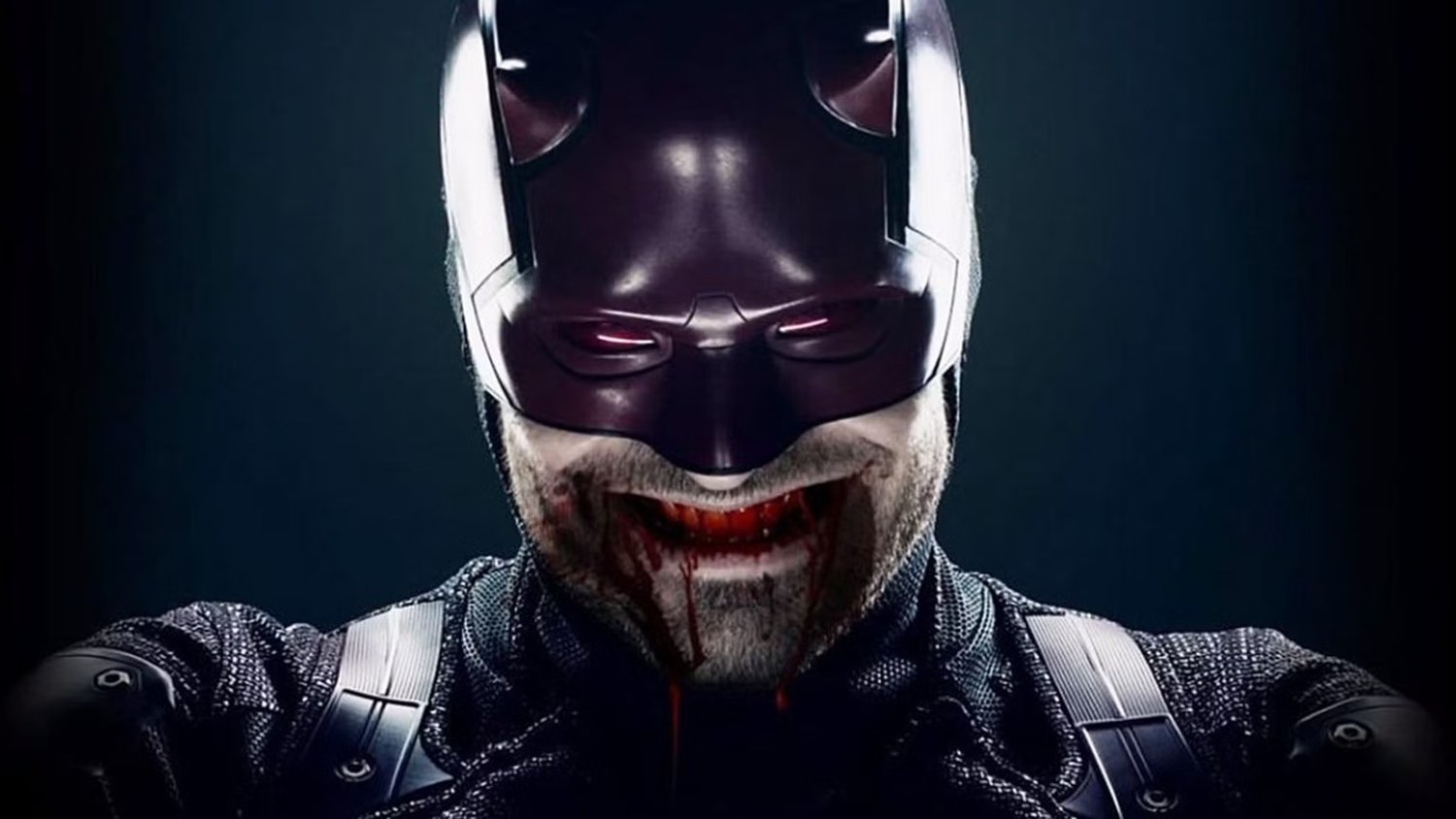NBC’s The Hunting Party is a derivative take on a well-trodden genre
The far-fetched crime drama follows agents searching for “the most dangerous and violent criminals the world has ever known.”

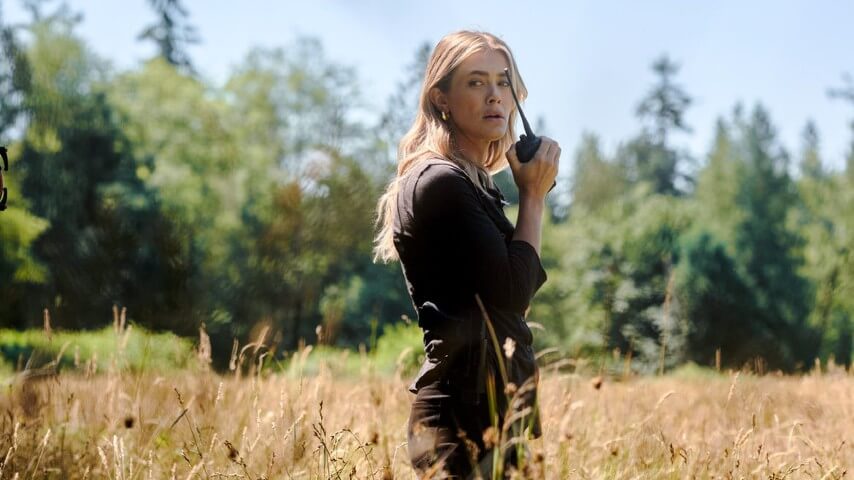
As far as hard-to-swallow premises go, The Hunting Party may require the biggest suspension of disbelief of any new broadcast drama this season. While the NBC crime series—which debuts its second episode February 10 following last month’s premiere after the Eagles-Rams game—clearly intends to raise larger moral questions about government control and unethical human experimentation, the project, at least in the four episodes sent to critics for review, never emerges as anything more than a derivative take on a well-trodden genre.
Created by JJ Bailey, who showruns with Jake Coburn (of the similarly unimaginative, recent one-and-done NBC crime drama The Endgame), The Hunting Game centers on a small team of investigators who are tasked with tracking down an indeterminate number of escaped serial killers in the wake of an explosion at “The Pit,” a top-secret, high-tech, subterranean prison in Cheyenne, Wyoming. Chief among this group of investigators is Rebecca “Bex” Henderson (Manifest’s Melissa Roxburgh), an ex-FBI profiler who, in the early minutes of the pilot, is seen working security at a casino in Portsmouth, Virginia. Suddenly, federal agents walk into the place, and Bex realizes they’re there to save her from the monotony of catching people who cheat at card tables. After a quick flight, she soon meets the Attorney General (played by Zabryna Guevara) and by-the-books CIA agent Jacob Hassani (Patrick Sabongui), who want her to re-profile Richard Harris, the serial killer she helped nab with her former partner Oliver Odell (Nick Wechsler) years ago.
Harris was supposedly killed by lethal injection, but Bex quickly learns that he was just one of many death-row inmates whose executions were faked and who were then transferred to The Pit, where, under the guise of treatment for their mental illnesses, they became the unwitting subjects of scientific experiments. And of course, Harris was naturally the first of many dangerous criminals who broke out of the prison as soon as it burned to the ground. So Bex teams up with Jacob and former Pit prison guard and soldier Shane Florence (Josh McKenzie) to chase after Harris before he claims his next victim.
Phew. The premise of The Hunting Party—searching for serial killers whose ill-advised treatments have rendered them even more vicious—is intriguing in theory, but the writers have somehow chosen the dullest possible execution of that vision. Any early promise, as well as insight into criminal psychology that could have been in Bailey’s pitch, has quickly gone up in flames like The Pit itself. Over these episodes, the characters are unremarkable at best and ill-defined at worst. They each have their own secrets and “dark pasts,” but the show gives viewers little reason to buy into their stories or, frankly, even care about their fates or the larger mystery surrounding what really happened at The Pit.
The latest in a string of Clarice Starling-esque protagonists (who even refers to herself as a little Nancy Drew in the pilot), Bex is supposedly—and repeatedly described as—one of the best profilers at the FBI. But there is nary an explanation of why she was wasting away working at a casino before she was pulled back into action. (Her expertise is clear—and usually articulated with her emotionally detached, exclusive use of profiler jargon—but it remains uncertain why she was sidelined to begin with.)
The off-the-books nature of The Pit naturally means that there are limited resources to hunt for the serial killers who resided there. But rather than being a makeshift unit of the crème de la crème to help catch “the most dangerous and violent criminals the world has ever known,” the people chosen to work with Bex curiously don’t have any defining characteristics that would indicate they are anywhere near the top of their fields.
The little sparks of recognition between these characters—for instance, Bex and Jacob bond over having children and specifically raising daughters in the pilot, and Jacob and Shane do the same over their gunshot wounds in a curious attempt to make Bex feel better after she almost dies—never quite transform into a flame. Each character lacks a distinctive voice, and none of them have a particular dynamic that sets this show apart from its predecessors in this genre (many of them having aired on the same network). Even when Bex and Oliver cross paths for the first time in five years (when he went rogue on a case to save a 13-year-old girl who she later adopted), what little chemistry they do (or did?) have quickly fizzles. (Despite having some kind of previous connection to Bex, intelligence officer Jennifer Morales, played by Sara Garcia, has added absolutely nothing to the plot thus far.)
Perhaps more damning than the lack of chemistry between the investigators is the serial killers who this team must catch. As those murderers settle back into society, Bex and her associates remark in multiple episodes that their serial-killer-of-the-week’s traditional M.O. has changed drastically, so any evidence that led to their initial conviction is usually unhelpful in tracking them down. The writers attempt to explain this discrepancy by pointing to the harmful effects of the treatments they endured in The Pit, but that feels not only illogical but uncompelling, leading to episodic stories with little suspense.
It almost seems like The Hunting Party could have worked better on cable or streaming, where the writers would have been able to push the characters beyond the binary of good and evil. Instead of being anywhere close to an examination of incarceration or human experimentation, the show has prioritized weekly confrontations with generic serial killers. And it already feels like this particular party is over.




















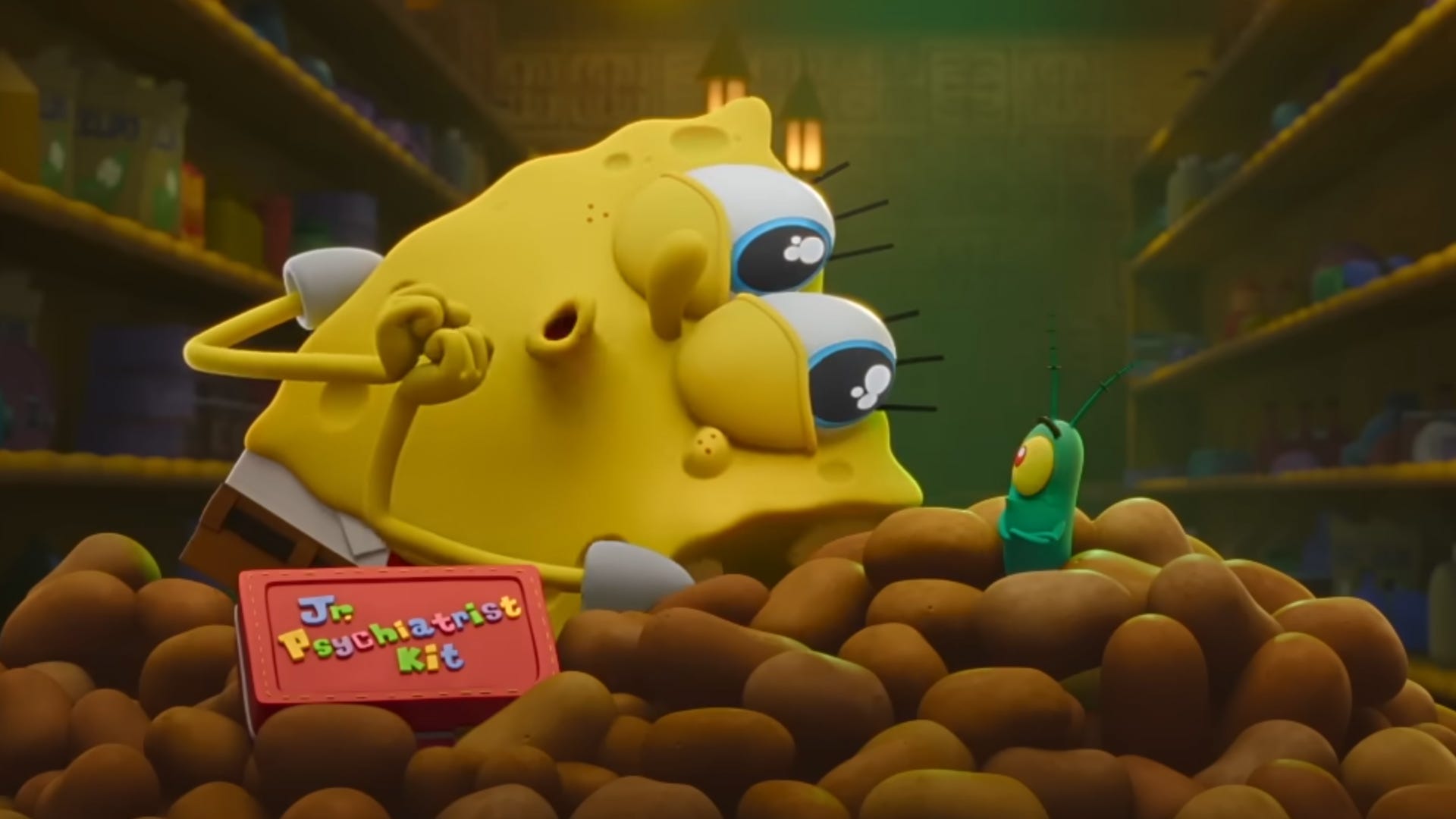
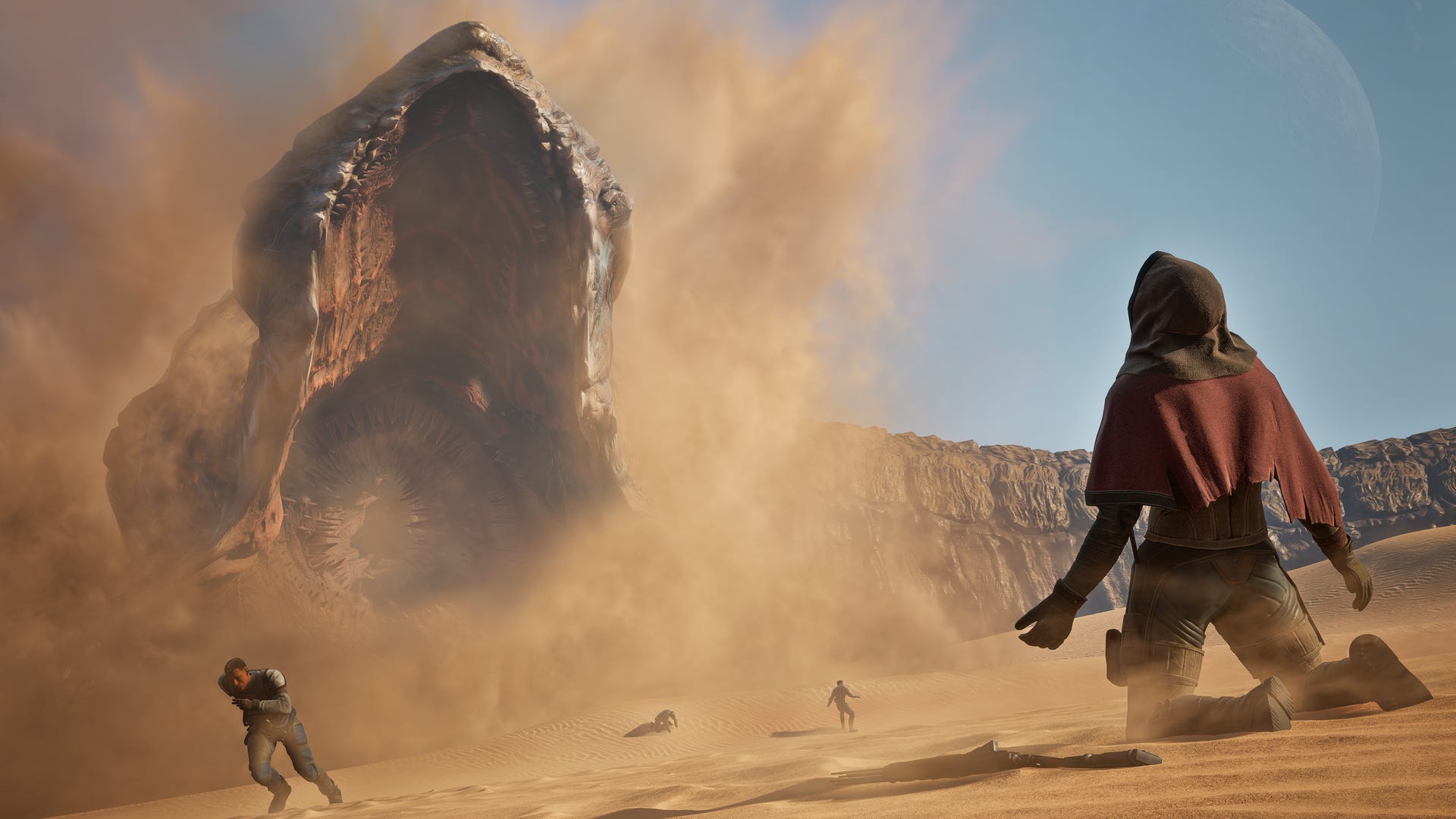
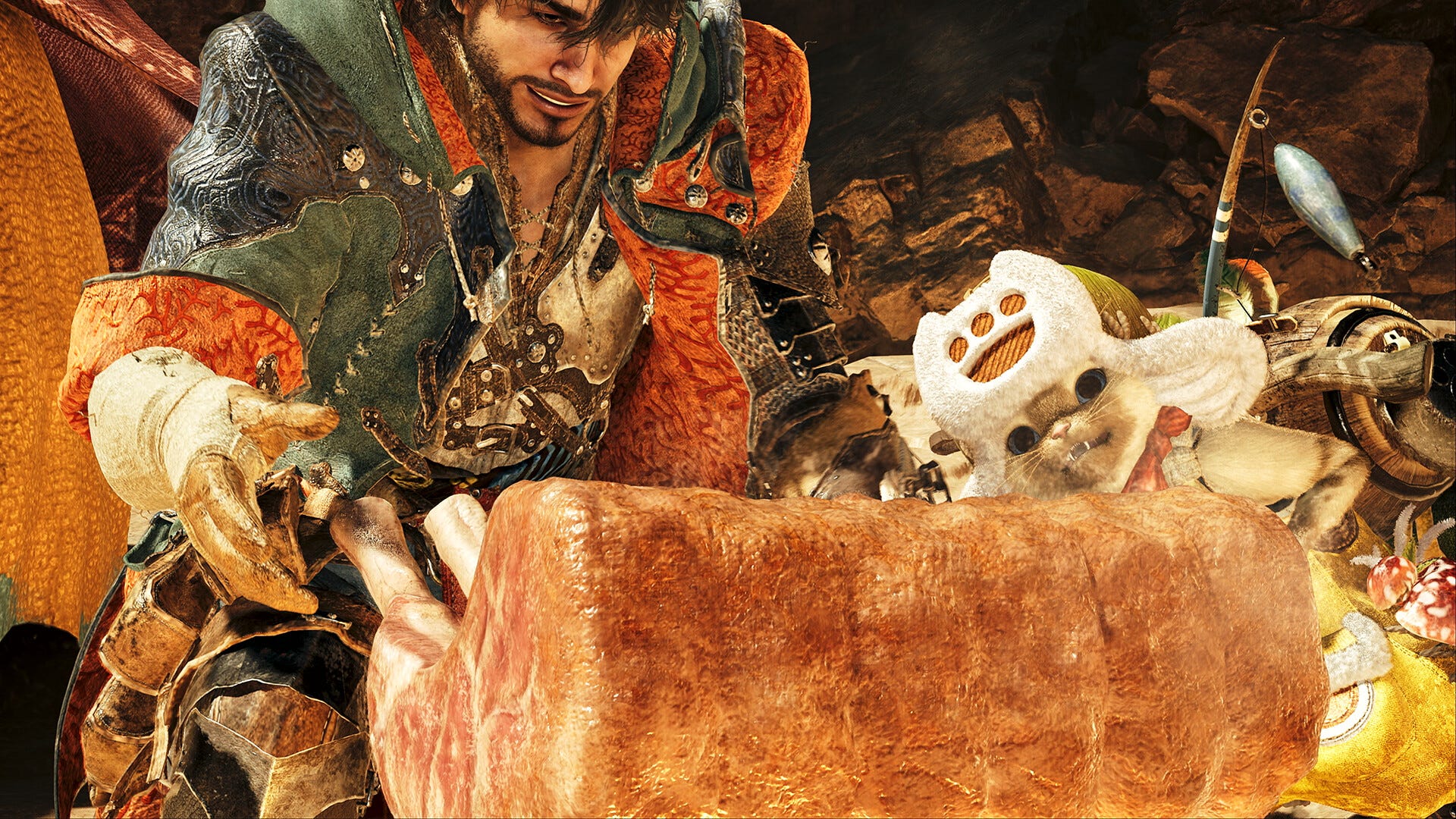



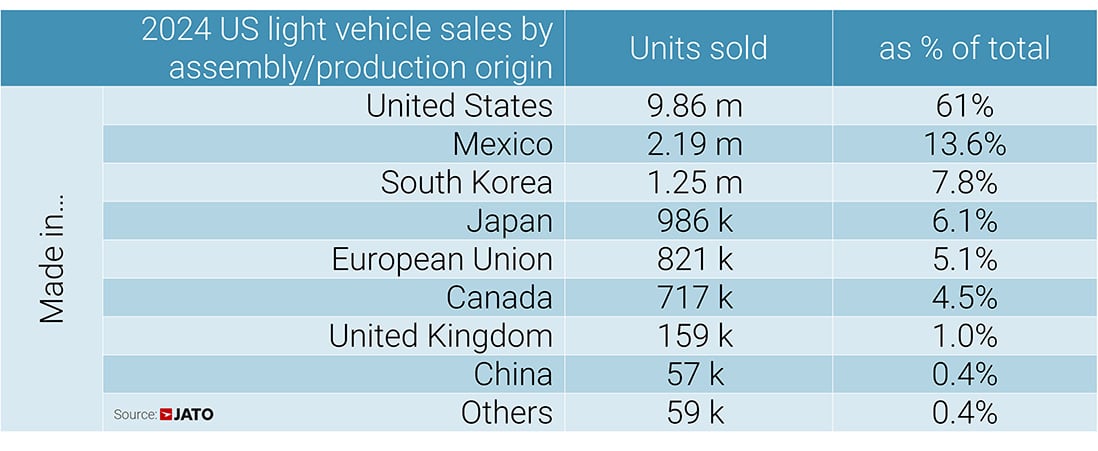









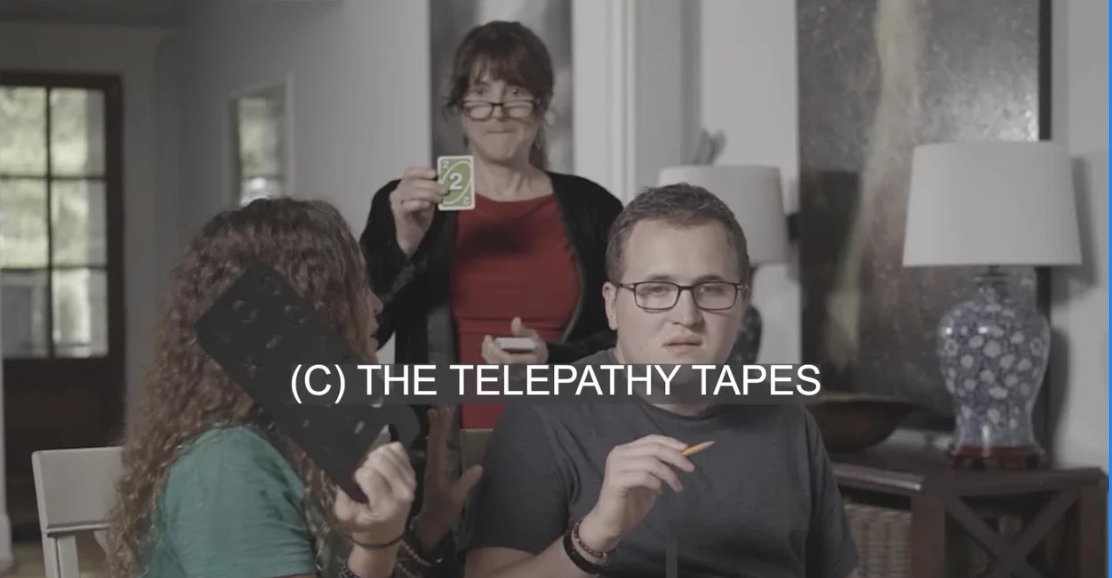


































![‘Vampire Dynasty’ Becomes ‘Vampires: Bloodlord Rising’, Receives New Gameplay Trailer [Watch]](https://bloody-disgusting.com/wp-content/uploads/2025/01/vampires.jpg)
